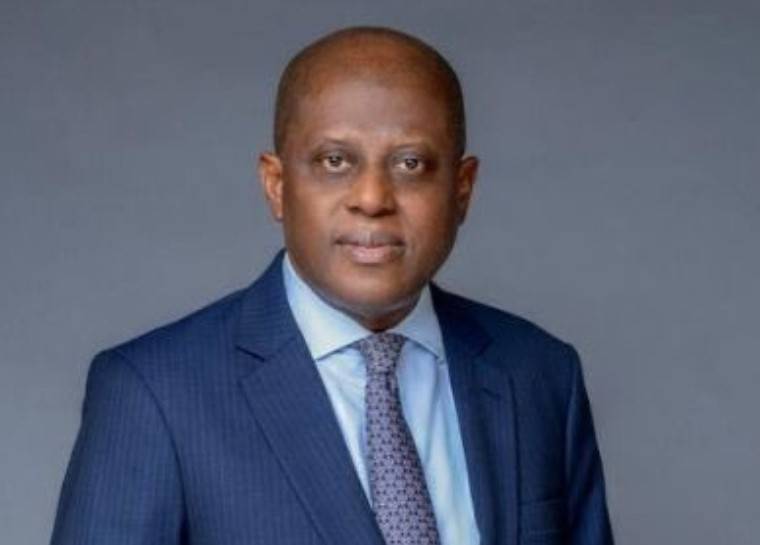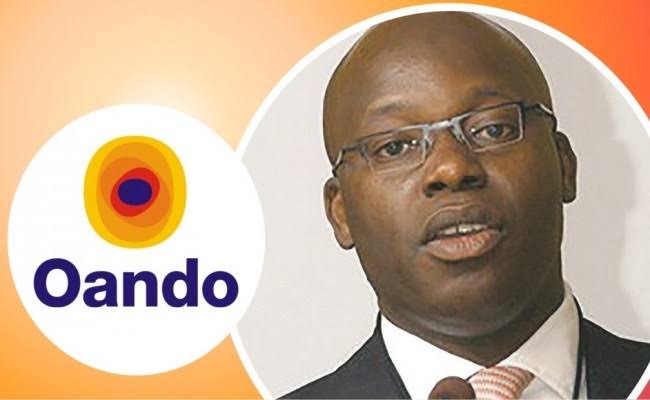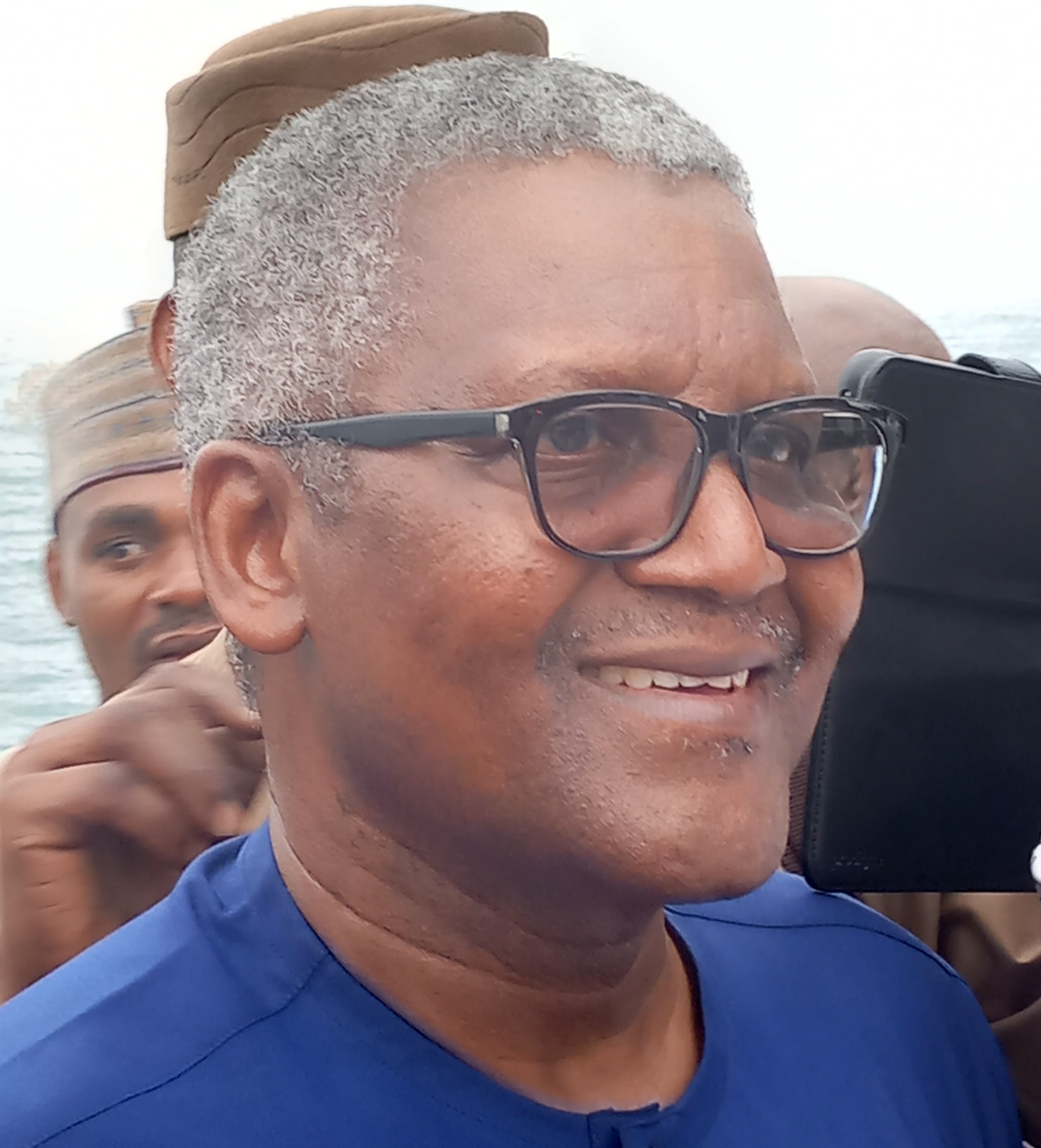The Central Bank of Nigeria has dissolved the boards and managements of Union Bank of Nigeria, Keystone Bank and Polaris Bank over alleged corporate governance infractions and non-compliance with regulatory requirements.
This came barely three weeks after the Special Investigator on the CBN and Related Entities, Jim Obazee, submitted its final report to President Bola Tinubu.
The sacking of the boards of the banks is reportedly part of the implementation of the report of the special investigator.
In a statement by the acting Director, Corporate Communications, CBN, Sidi Hakama, announcing the sacking of the boards of the banks on Wednesday, the central bank said the affected banks’ alleged infractions varied from regulatory non-compliance, corporate governance failure, disregarding of the conditions under which their licences were granted, and involvement in activities that posed a threat to financial stability, among others.
Hence, the apex bank said the dissolution of the boards became necessary due to the non-compliance of the banks and their respective boards with the provisions of the Bank and Other Financial Institutions Act, 2020.
The CBN statement read, “The Central Bank of Nigeria has dissolved the boards and managements of Union Bank, Keystone Bank, and Polaris Bank.
“This action became necessary due to the non-compliance of these banks and their respective boards with the provisions of Section 12(c), (f), (g), (h) of Banks and Other Financial Institutions Act, 2020. The banks’ infractions vary from regulatory non-compliance, corporate governance failure, disregarding the conditions under which their licences were granted, and involvement in activities that pose a threat to financial stability, among others.”
The CBN, however, assured the public of the safety and security of depositors’ funds, stressing that it remained resolute in fulfilling its mandate to uphold a safe, sound and robust financial system in Nigeria.
“The CBN assures the public of the safety and security of depositors’ funds and remains resolute in fulfilling its mandate to uphold a safe, sound and robust financial system in Nigeria. Our banking system remains strong and resilient,” it stated.
The dissolution of the boards came days after the Special Investigator of the apex bank, Obazee, claimed that the bank were acquired by Emefiele, using fronts. Obazee advised FG to take over the banks, strengthen and sell them off.
Section 12 of the BOFIA 2020 quoted by the apex bank as the basis for the dissolutions of the board deals with the revocation of a banking licence and the conditions under which it can happen.
The affected portion of the Act read, “12.(1) Notwithstanding the provisions of this Act or any other law, the Governor may, with the approval of the Board and by notice published in the of Federal Government Gazette, or print and electronic media, revoke any licence granted under this Act if a bank-
“(c) fails to fulfil or comply with any condition subject to which the licence was granted
“(f) is involved in a situation, circumstance, action or inaction which constitutes a threat to financial stability;
“(g) fails to comply with any obligation imposed upon it by or under this Act, or the Central Bank of Nigeria Act or any other rule, regulation, guideline or directive made hereunder;
“(h) is, in the opinion of the Bank critically undercapitalised with a capital adequacy ratio below the prudential minimum or such other ratio as the Bank may prescribe.”
Meanwhile, the CBN statement is silent on Titan Trust Bank, even though the bank has reportedly acquired Union Bank.
The special investigator had given Titan Trust Bank and Union Bank investors December 28, 2023 deadline to present themselves before its panel.
However, the lender through their lawyer, Gbolahan Elias QC, SAN, had asked for extension of the meeting to January 7, 2024.
Meanwhile, findings by The PUNCH show that no fewer than 30 board chairmen, managing directors and directors of banks will be affected by the dissolution of the boards. Each of the three banks reportedly have no fewer than 10 board members.
CBN sources also revealed that the apex bank would reconstitute another board before the end of the week.
According to findings, the dissolution is expected to affect Alhaji MK Ahmad, who is the chairman of Polaris Bank; Alhaji Umaru Modibbo, the chairman of Keystone Bank; and the Farouk Gumel, the Chairman of Union Bank.
Titan Trust Bank Limited was established on the 12th of December, 2018 and obtained its national banking license on the 26th of April 2019, to operate as a commercial bank with national authorisation.
Polaris Bank was set by the CBN on September 21, 2018, to offer commercial banking services to the Nigerian public. The bank commenced services on the same day, having purchased the assets, and assumed certain of the liabilities, of the defunct Skye Bank.
Keystone Bank is a full-service commercial bank wholly owned by the Asset Management Corporation of Nigeria and was granted a banking licence on August 5, 2011, by the CBN. Keystone Bank was acquired by a special-purpose vehicle.
Union Bank of Nigeria was established in 1917 and is one of Nigeria’s long-standing and most respected financial institutions, offering a portfolio of banking services to individuals, SMEs, commercial and corporate clients.
Meanwhile, Titan Trust Bank Limited which was established barely three years ago, announced in 2022 its acquisition of the foremost bank.
The bank sought CBN’s no-objection approval in 2021 to its proposed consolidation with Union Bank by acquiring 91.5 per cent of Union Bank’s shares and an eventual merger between both banks.
By 2022, Titan Bank had acquired 93.4 per cent of Union Bank’s shares.
However, there have been concerns in the banking circle whether the government could take over Union Bank which has been duly acquired by private investors led by the TGI Group.
The Punch

 News6 years ago
News6 years ago
 Featured6 years ago
Featured6 years ago
 Boss Picks6 years ago
Boss Picks6 years ago
 Headline6 years ago
Headline6 years ago
 Headline6 years ago
Headline6 years ago
 Headline6 years ago
Headline6 years ago
 Headline6 years ago
Headline6 years ago
 Headline6 years ago
Headline6 years ago













